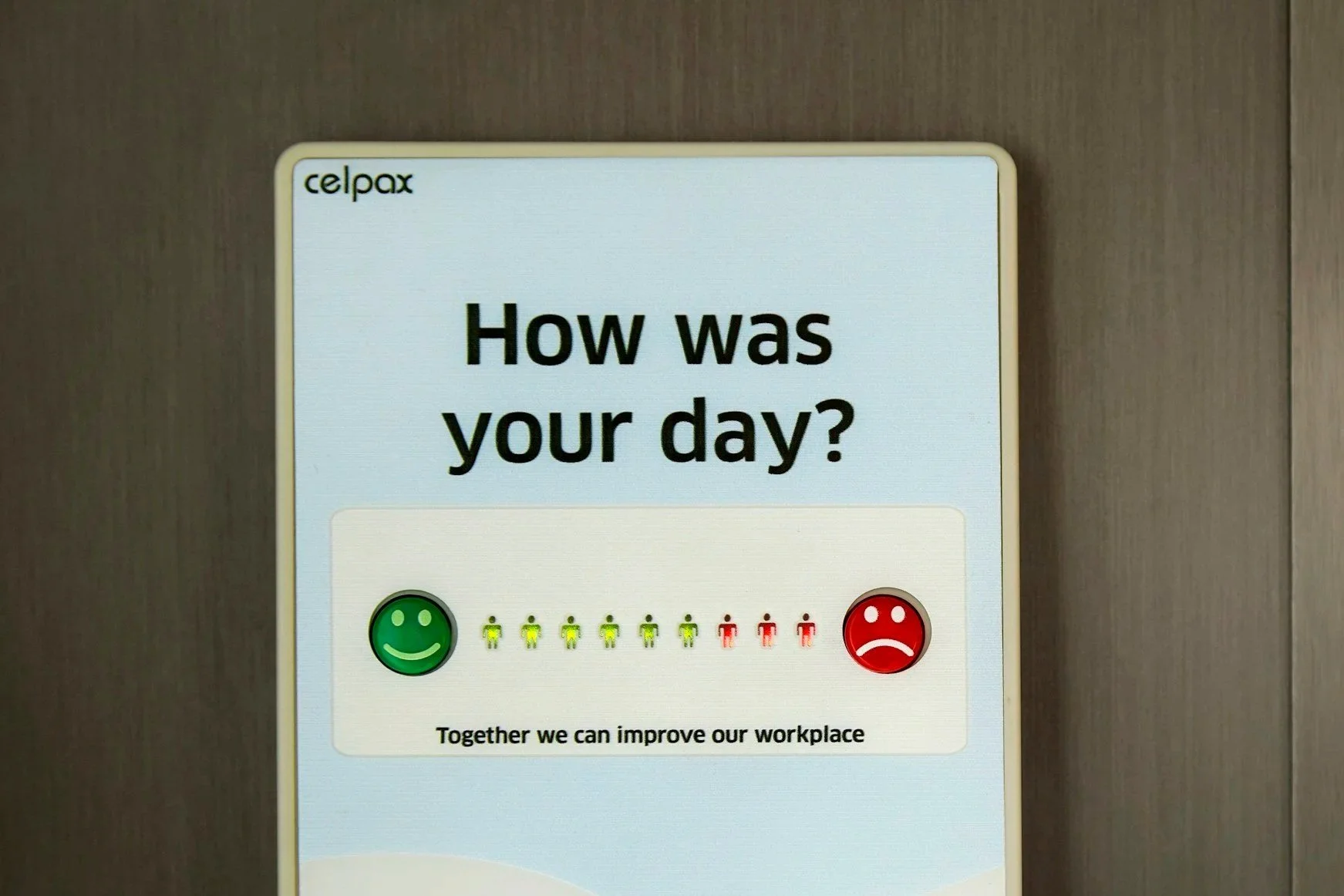Lifestyle Optimizations for Brain Health
1. Sleep Optimization
Why it matters: Sleep is essential for emotional regulation, memory consolidation, and removal of neurotoxins (via the glymphatic system).
Recommendations:
- Aim for 7-9 hours of sleep nightly.
- Maintain a consistent sleep/wake schedule (even on weekends)
- Limit screen time 1-2 hours before bed (firm 11 PM cut-off time)
- Avoid caffeine after 2 p.m.
- Consider melatonin (low dose), magnesium, or CBT-I if needed.
2. Anti-Inflammatory Nutrition
Why it matters: Nutrient-rich diets reduce neuro-inflammation, support neurotransmitter production, and enhance gut-brain signaling.
Recommendations:
- Emphasize omega-3s, leafy greens, berries, fermented foods, and whole grains.
- Reduce sugar, ultra-processed foods, and alcohol.
- Mediterranean or MIND diet patterns are most evidence-based.
- Stay hydrated: Aim to drink you body weight (kg) in water daily.
- Consider supplements like L-methylfolate, vitamin D, or probiotics under medical guidance.
3. Movement and Exercise
Why it matters: Exercise increases BDNF (brain-derived neurotrophic factor), supports neuroplasticity, and improves mood via endorphin and dopamine release.
Recommendations:
- Aim for 150 minutes/week of moderate aerobic activity (e.g., brisk walking, cycling).
- Include resistance training 2x/week.
- As little as 7-12 minutes of high-intensity interval training (HIIT) 5 days per week can be as effective as antidepressant medications for most people with mild to moderate depression symptoms.
- Incorporate mind-body practices like yoga, tai chi, or qigong to calm the nervous system.
Social Connection
4. Social Connection
Why it matters: Strong relationships buffer stress, improve emotional regulation, and reduce risk for depression and cognitive decline.
Recommendations:
- Cultivate 1-2 meaningful connections weekly (family, friends, community).
- Join a support group or spiritual community if aligned.
- Prioritize authenticity and vulnerability in relationships.
5. Stress Management / Nervous System Regulation
Why it matters: Chronic stress dysregulates cortisol and impairs emotional and cognitive functioning.
Recommendations:
- Practice daily relaxation techniques: deep breathing, progressive muscle relaxation, mindfulness, guided imagery or non-sleep deep rest (NSDR).
- Try 'thought walks - processing emotions while walking outdoors.
- Use tools like the 'How We Feel' app or journaling to build emotional awareness.
6. Digital and Environmental Hygiene
Why it matters: Overexposure to digital stimulation and cluttered environments increases cognitive load and stress.
Recommendations:
- Create technology boundaries: digital curfew, social media limits.
- Reduce multitasking and exposure to negative news cycles.
- Design calm, organized spaces with natural light, greenery, and sensory balance.
- Prevent screen exposure after 11 PM (screen exposure after 1PM has been linked to an 85% decrease in dopamine production the following day).
7. Daily Structure and Meaning
Why it matters: Purpose and predictable routines support motivation, executive function, and mood stabilization. They help regulate the brain’s reward system and reduce stress-related dysregulation.
Recommendations:
- Establish a daily rhythm with consistent routines (wake time, meals, movement, wind-down rituals).
- Get at least 15 minutes of morning sunlight exposure. (This fights brain fog, increases daytime alertness, helps sync your circadian rhythm, and improves sleep quality.) If over-caste climates you can purchase a light-box.
- Identify and regularly engage in activities aligned with personal values (e.g., hobbies, volunteering, spirituality, creativity).
- Use a planner or habit tracker to support structure and accountability.
Follow-Up and Support
Reassess progress every week.
Adjust based on barriers, preferences, and mental health symptoms.
Reinforce that small, consistent changes lead to long-term transformation.







